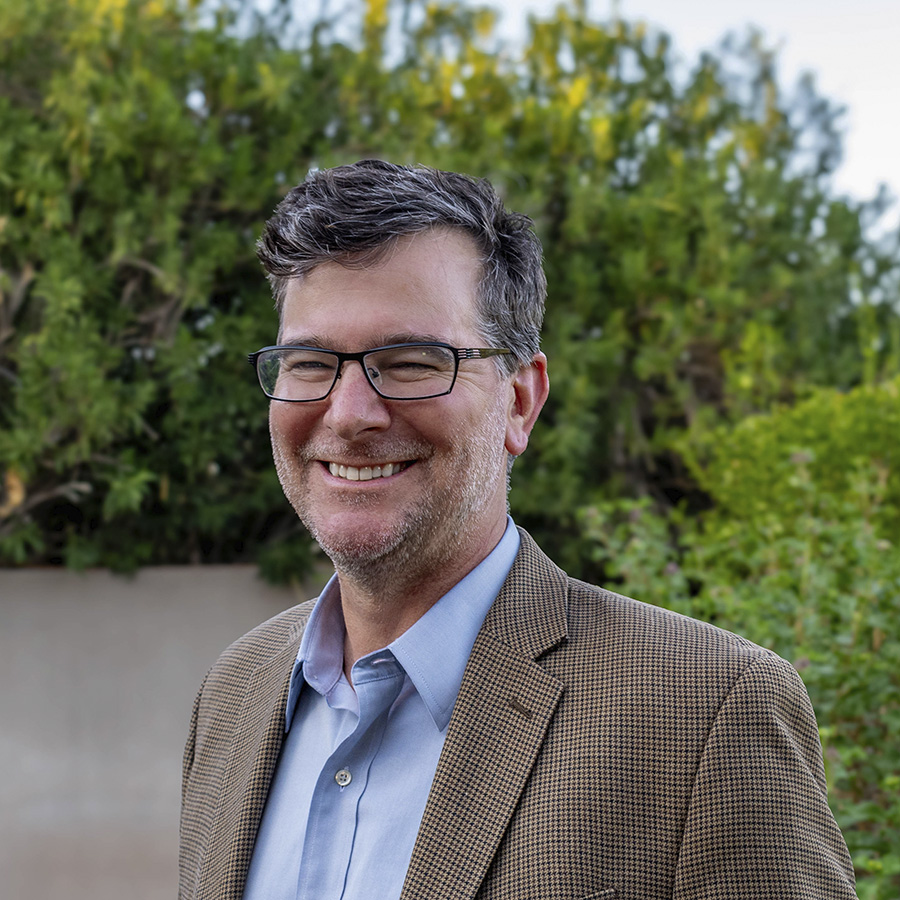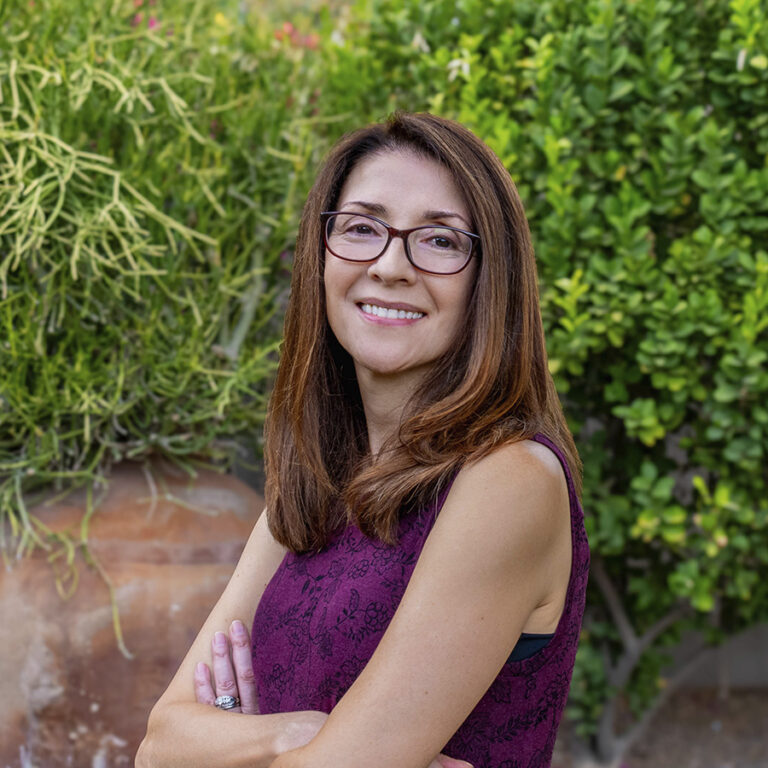America is a land of optimists, a land of forward-thinking opportunity for both dreamers and realists, where we are free to work hard and to pursue a better life for ourselves and for our children.
The reality, of course, is that for decades, we have been losing our competitive edge as a nation. We are failing to teach our children what they need to know to flourish in the modern workplace. Worse, we are failing to inspire them to want to know more, to yearn for success via knowledge. In report after report, via blue-ribbon panels, data-driven white papers, and national commissions — our collective fear that American schools are falling behind, has been confirmed.
Take a look at The Programme for the International Assessment of Adult Competencies (PIAAC), sponsored by the OECD. It measures the key cognitive and workplace skills needed for individuals to participate in society and for economies to prosper. For the U.S. it tells the story of the stunning decline of basic literacy, mathematical and problem-solving skills of American workers relative to their counterparts in the rest of the world. Amongst 55–65 year olds, American workers outperform most of their peers in other OECD countries. Amongst 16–24 year olds, Americans significantly underperform their counterparts, even at the top end of the ability range.
The study states that “action is needed, for in its absence the skills of U.S. adults will fall further behind those of other countries. As young cohorts replace older ones, the basic skills of their workforces will progressively out-pace those of the U.S. Some degree of catch-up by previously less-developed countries is natural, but the speed at which the skills of comparable developed countries are now out-pacing the U.S. must be a matter of deep concern.”
While many nations have ramped-up their education systems to meet the demands of the 21st century economy, the United States has not kept pace. Our performance on international student exams is at best and rather kindly described as mediocre. Average U.S. eighth graders are now two years behind their international peers in math, performing only slightly better in science and reading. Even the majority of the highest performing U.S. students don’t come close to the highest-performing students from China, Finland, and Singapore.
Our country has stopped insisting that our schools focus on what matters most in education: hard work, persistence, high standards, and an inquisitive spirit for deeper levels of learning.
We worry that our kids are too stressed out, hearing and heeding complaints about homework loads and subject difficulty. Yet later, we are surprised when they don’t understand multiplication tables, the tenets of our government, or how to write a rudimentary essay. When that is the case, we have betrayed our children’s futures by lowering our expectations.
BASIS Texas Charter Schools believe in higher, not lower expectations, and more, not less focus on achievement. We know that knowledge is good in and of itself, and that the things worth knowing don’t come easily. Knowledge, we have learned, is for the brain what exercise is for the body — and the more you know, the easier it is to master new things, to continue learning, to keep growing. It might be hard work, but the rewards are well worth it. We understand this, and we think that you understand this, too.
We also understand that innovation — the cornerstone of growth and leadership in the global economy — comes from a desire to discover the old-fashioned way. Our teachers spend their entire adult lives studying their chosen subject fields because they are passionate about the material. It is this passion that is contagious in the BASIS Ed Network, encouraging children to question, to investigate, and ultimately to fully understand. Inspired teachers ignite the fire for lifelong learning.
Our focus at BASIS Texas Charter Schools is on what really matters in education. We ignore the fads and quick fixes. We teach children not to avoid the hard work and challenges, but to embrace them. It’s actually a rather simple formula, and as we say, what we do is not rocket science, although we study rocket science. You know what truly matters for your child’s education. We do, too. That is why BASIS Texas Charter Schools are now the standard of educational achievement across the country and around the world.
Sincerely,
Peter Bezanson
Co-Chair
Patti Bezanson
Co-Chair






